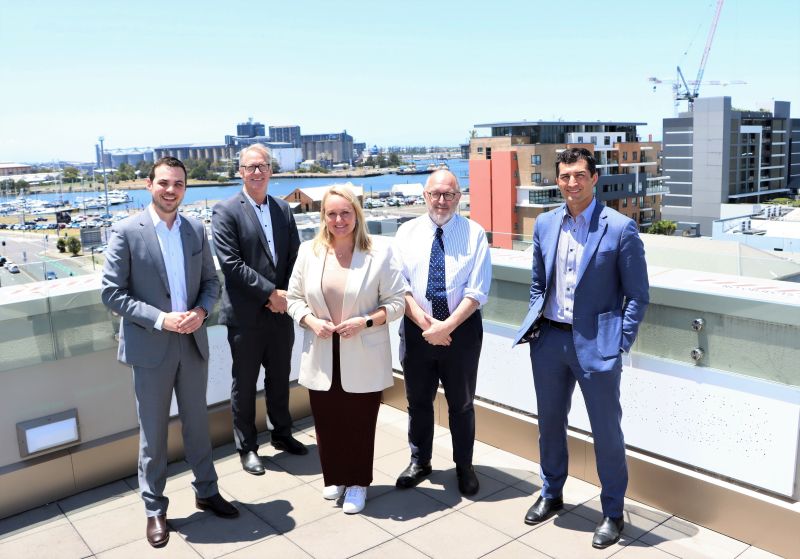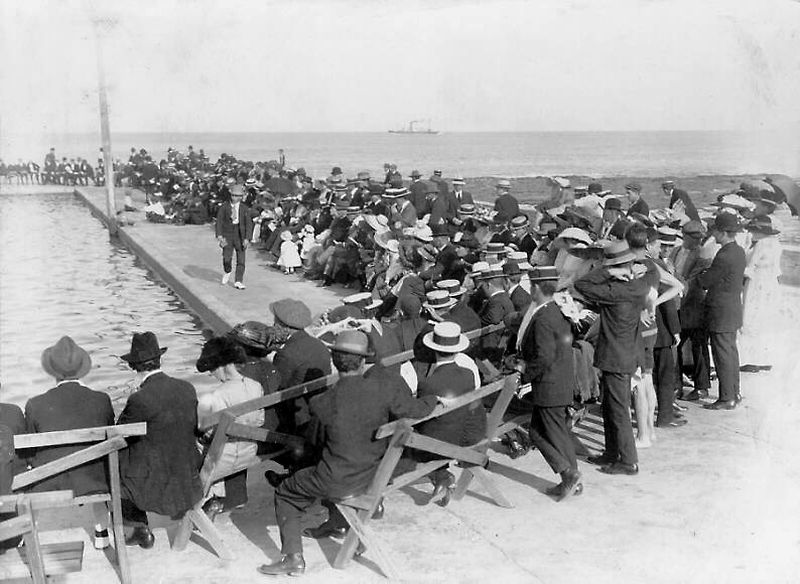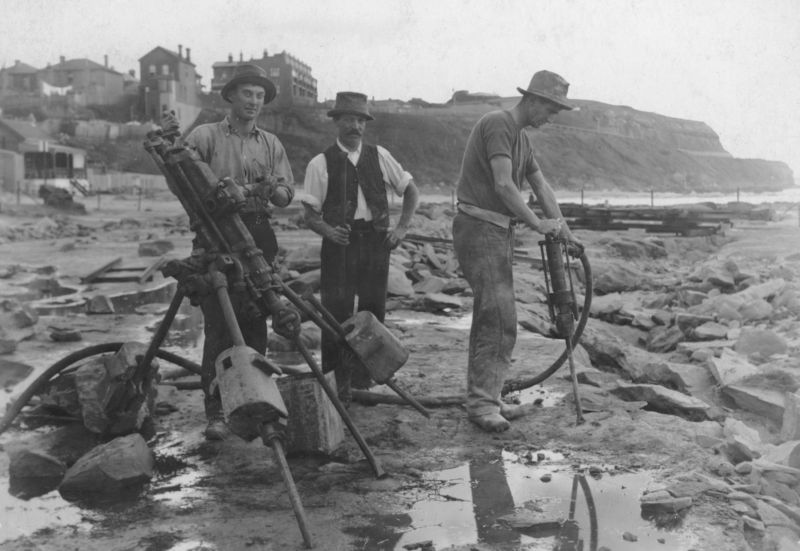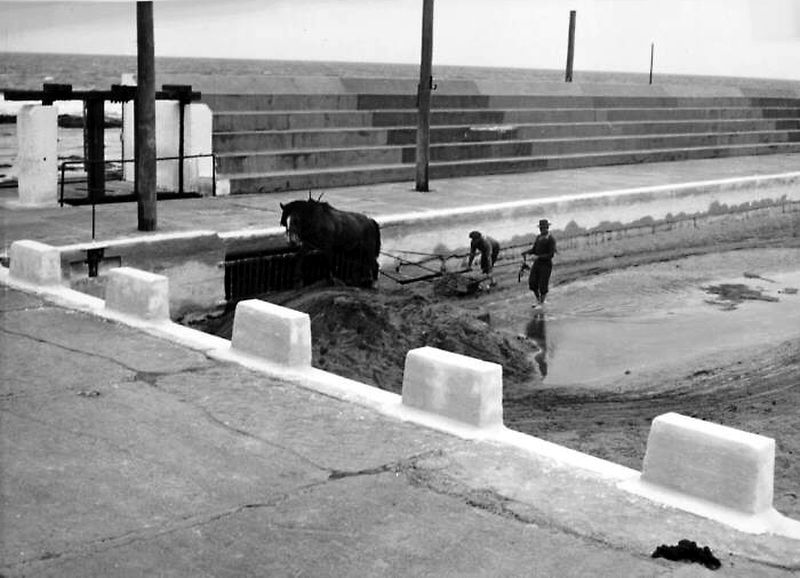The Albanese Government welcomes the final report from the Bell Inquiry, handed down today by the Hon Justice Virginia Bell AC.
The Inquiry examined the appointment of former Prime Minister, the Hon Scott Morrison MP, to administer multiple departments without disclosure to his colleagues or the public.
The unprecedented and inexcusable actions of the former Prime Minister were emblematic of the culture of secrecy in which the previous Government operated.
The Bell Inquiry confirms the Solicitor-General’s conclusion that the principles of responsible government were “fundamentally undermined” because Mr Morrison was not “responsible” to the Parliament, and through the Parliament to the electors, for the departments he was appointed to administer.
Justice Bell found the secrecy around the appointments was “apt to undermine public confidence in government” and was “corrosive of trust in government.”
The Inquiry has made six recommendations to improve transparency, accountability and restore public trust in Australian democracy, including:
- Legislation to require public notice of the appointment of Ministers to administer departments and hold offices;
- The publication of acting arrangements for Ministers; and
- The publication of details of which Ministers are appointed to administer departments and an outline of divisions of responsibilities where more than one Minister is appointed to the same department.
I will recommend to the next meeting of Cabinet that the Albanese Government accept all six of Justice Bell’s recommendations.
The quick implementation of these recommendations will ensure that the Australian public can have full confidence that this breach of trust will never happen again.
I thank Justice Bell and her team for the efforts in conducting this Inquiry.
The full report and recommendations can be viewed at: https://www.ministriesinquiry.gov.au/




